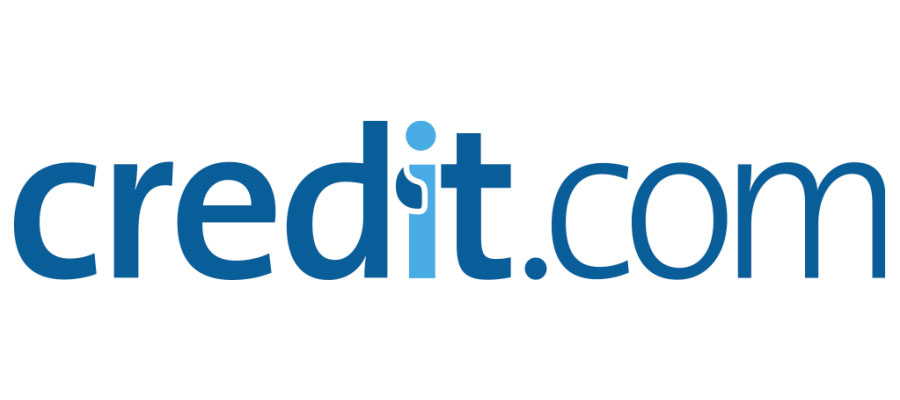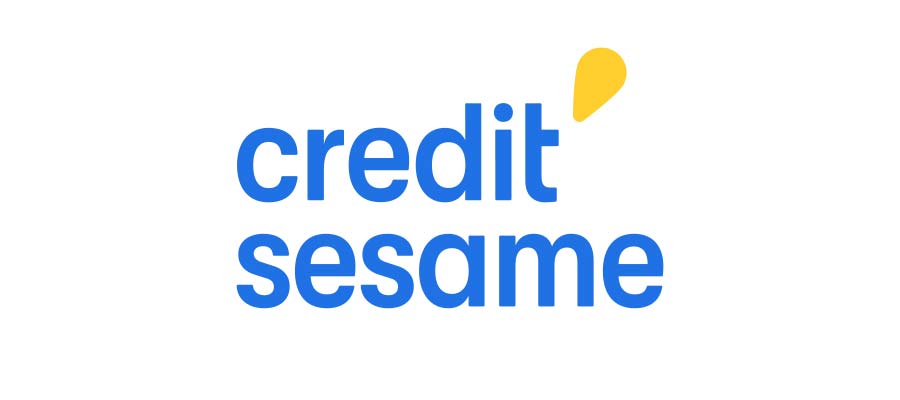Building credit can be challenging, especially if you don’t have any accounts reporting to the major credit bureaus. Traditional loans and credit cards often require good credit to qualify, making it difficult to get started when you have little to no history.

Self offers an alternative for those looking to establish or rebuild their credit. It’s designed to help you create a positive payment history while working toward a financial goal. But how does it work, and is it the right choice for you? Let’s take a closer look.
How Self’s Credit Builder Loan Works
A Self credit builder loan isn’t like a traditional loan where you receive the funds upfront. Instead, the loan amount is held in a certificate of deposit (CD) while you make fixed monthly payments over time. These payments are reported to all three major credit bureaus—Equifax, Experian, and TransUnion—helping to establish a credit history.
At the end of the repayment period, you receive the savings from the CD, minus any interest and fees. Payment plans range from $25 to $150 per month, giving you flexibility based on your budget. Since there’s no upfront deposit required, it can be a practical option for those who want to build credit without tying up their own cash.
Benefits of a Self Credit Builder Loan
Self offers a structured way to build credit while setting aside savings. With flexible payment options and no upfront deposit, it can be a good fit for those looking to establish or rebuild their credit history. Here’s what makes it stand out:
Builds Credit With On-Time Payments
Self reports your monthly payments to all three major credit bureaus—Equifax, Experian, and TransUnion. Since payment history is the biggest factor in your credit score, consistently making on-time payments can help establish or improve your credit over time.
No Upfront Deposit Required
Unlike secured credit cards, which require an initial deposit as collateral, a Self credit builder loan doesn’t need any money upfront. This makes it a more accessible option for those who want to build credit but don’t have extra cash available.
Encourages Savings
Because the loan funds are placed into a certificate of deposit (CD), you’re essentially saving money while making payments. Once the loan is fully repaid, you receive the balance back, minus any fees and interest. This structure can help build a habit of setting money aside.
Flexible Payment Options
Self offers multiple loan plans with payments ranging from $25 to $150 per month. This allows you to choose a plan that fits your budget and financial situation. Whether you prefer lower payments over a longer period or larger payments to finish sooner, you have control over your repayment schedule.
Opportunity for a Self Visa Credit Card
After making at least three on-time payments and reaching a minimum savings threshold, you may become eligible for the Self Visa Credit Card. This secured card uses funds from your Credit Builder Account instead of requiring a separate deposit, offering another way to continue building credit.
Potential Drawbacks to Consider
While Self provides a straightforward way to build credit, there are some downsides to be aware of. Depending on your financial situation, these factors may influence whether it’s the right choice for you.
Cost of Borrowing
Since this is a loan, you’ll pay more than you get back due to interest and fees. The total amount you receive at the end of the repayment period will always be lower than what you’ve paid in, so it’s important to weigh whether the cost is worth the credit-building benefits.
Late Payment Risks
Because Self reports payments to credit bureaus, missing a due date can hurt your credit instead of helping it. If a payment is over 30 days late, it may be reported as a delinquency, which can lower your credit score and make future borrowing more difficult.
Limited Access to Funds
Unlike a traditional loan, where you receive money upfront, Self holds your funds in a CD until the loan is fully repaid. If you need cash before the end of the term, you’ll have to cancel your account early, which could impact your credit and result in losing some of the money paid.
The Application Process: Simple and Quick
Applying for a Self credit-builder loan is a straightforward process if you meet the basic prerequisites:
- Valid bank account, debit card, or prepaid card
- Email address and phone number
- Social security number
- Permanent U.S. residency with a physical U.S. residence
- At least 18 years of age
While Self doesn’t perform a hard pull on your credit report, they will check your ChexSystems report. Therefore, you can’t have any recent negative items such as unpaid fees or bad checks.
The application process, from beginning to end, can take less than five minutes. Once approved, payments commence one month after your credit-builder account is opened. Payment methods include manual payments each month or an autopay setup, ensuring you never miss a payment.
The Costs of a Self Credit-Builder Loan
Self offers four credit builder loan options, each with a fixed monthly payment and a set savings payout at the end. The amount you receive at the end is lower than the total paid since payments include interest and fees.
Monthly Payment Plans
- $25 per month for 24 months → $520 saved
- $35 per month for 24 months → $724 saved
- $48 per month for 24 months → $992 saved
- $150 per month for 24 months → $3,076 saved
Fees to Keep in Mind
- Administrative fee: A one-time charge of $9 when opening your account.
- Debit card fees: Can be avoided by linking your bank account.
- Late payment fees: A fee equal to 5% of your payment if it’s more than 15 days overdue. Payments delayed by over 30 days may be reported to the credit bureaus.
Self allows you to pay your loan off early without penalty, but withdrawing your savings early means losing some of the interest earned.
Who should consider a Self credit builder loan?
Self can be a useful tool for building credit, but it’s not the right fit for everyone. Here’s who may benefit the most:
Best for Building Credit History
If you have no credit or bad credit, Self can help establish a positive payment history by reporting monthly payments to all three major credit bureaus. Since payment history is a key factor in credit scores, consistent on-time payments can lead to improvements over time.
Helpful for Those Who Struggle to Save
Because your loan payments are held in a certificate of deposit (CD) until the end of the term, Self encourages structured saving. If you have trouble setting aside money on your own, this setup ensures that you build savings while improving your credit.
Not Ideal for Immediate Cash Needs
Since you don’t receive the loan funds upfront, Self isn’t a good choice if you need quick access to cash. Additionally, interest and fees mean you’ll pay more than you get back, so it may not be the most cost-effective option for credit building.
Alternatives to Credit Builder Loans
Credit builder loans aren’t the only way to build credit. If you’re looking for other options, consider these alternatives:
Secured Credit Cards
A secured credit card requires an upfront deposit, which typically becomes your credit limit. By using the card responsibly and making on-time payments, you can build credit while having access to funds for everyday purchases. Some secured cards offer a path to upgrade to an unsecured card over time.
Rent Reporting Services
Most landlords don’t report rent payments to the credit bureaus, but rent reporting services can help make those payments count. By signing up for a service that reports your rent to credit agencies, you can build a positive payment history without taking on new debt.
Becoming an Authorized User
If a trusted friend or family member adds you as an authorized user on their credit card, their account history may be added to your credit report. This can help establish credit, especially if the primary account holder has a long history of on-time payments. Just be sure the account is in good standing, as missed payments could also affect your credit.
Each option has its own benefits, so choosing the right one depends on your financial situation and credit-building goals.
Final Thoughts
A Self credit builder loan can be a practical way to establish or rebuild credit while setting aside savings. With no upfront deposit required and payments reported to all three major credit bureaus, it offers a structured approach to improving your credit score. However, since you’ll pay more than you get back due to interest and fees, it’s important to weigh the costs.
This loan is best suited for those with no credit or bad credit who need to build a positive payment history. It can also be helpful for those who struggle with saving and want a system that encourages financial discipline. However, if you need immediate access to funds or a lower-cost way to build credit, other options like secured credit cards or rent reporting services may be a better fit.
Before signing up, consider your financial situation and whether the monthly payments fit your budget. A credit builder loan can be an effective tool—but only if you’re able to make consistent, on-time payments.
Credit Builder Accounts & Certificates of Deposit made/held by Lead Bank, Sunrise Banks, N.A., First Century Bank, N.A., each Member FDIC. Subject to credit approval.
The secured Self Visa® Credit Card is issued by Lead Bank or First Century Bank, N.A., each Member FDIC.
Sample loans: $25/mo, 24 mos, 15.92% APR; $35/mo, 24 mos, 15.69% APR; $48/mo, 24 mos, 15.51% APR; $150/mo, 24 mos, 15.82% APR. See self.inc/pricing




